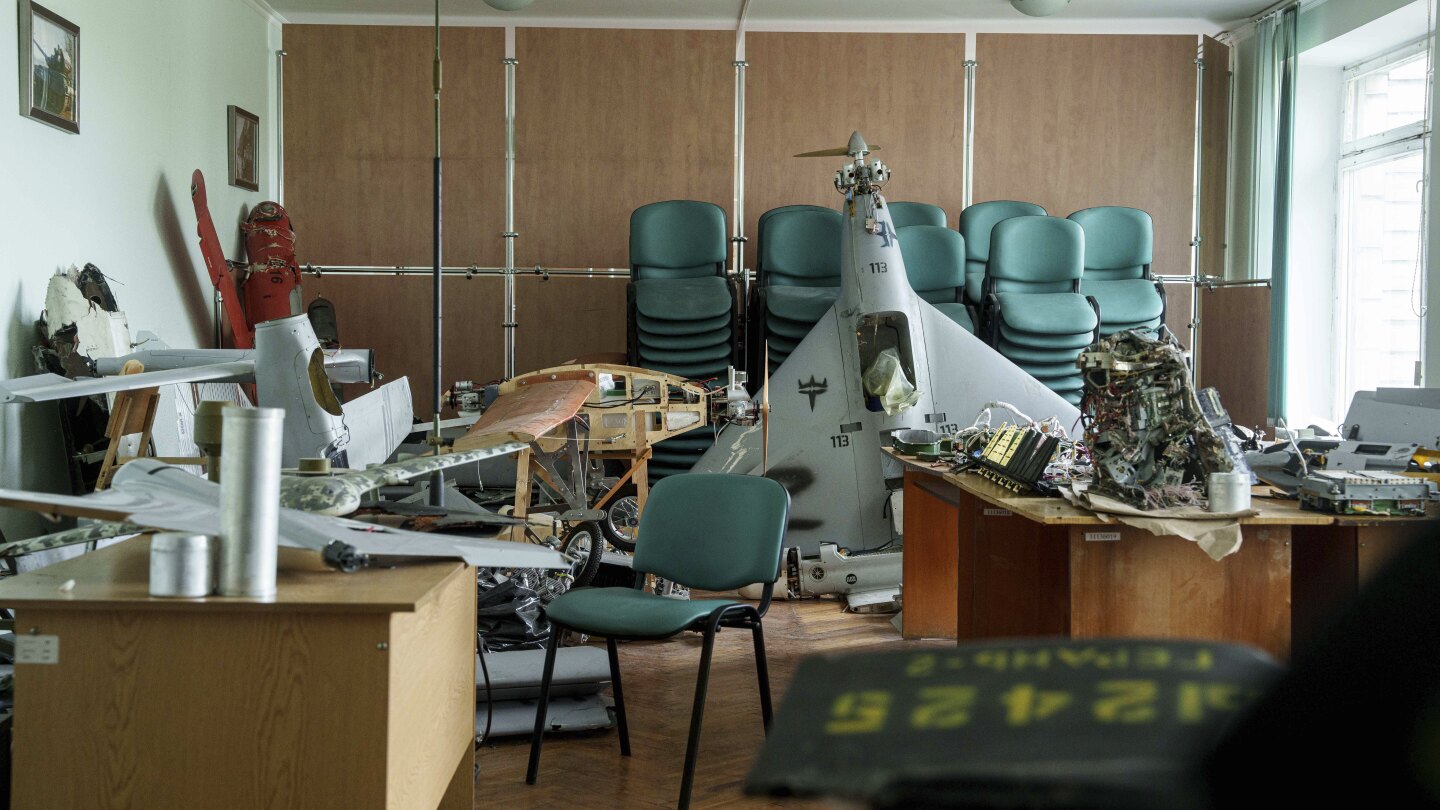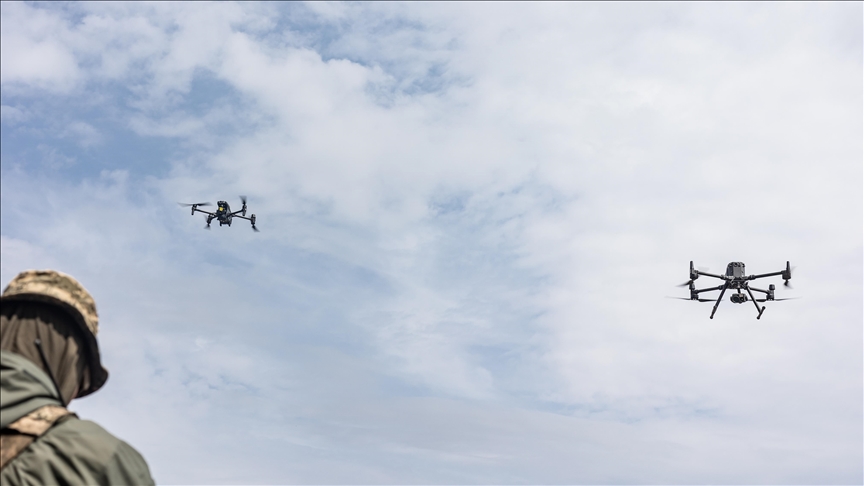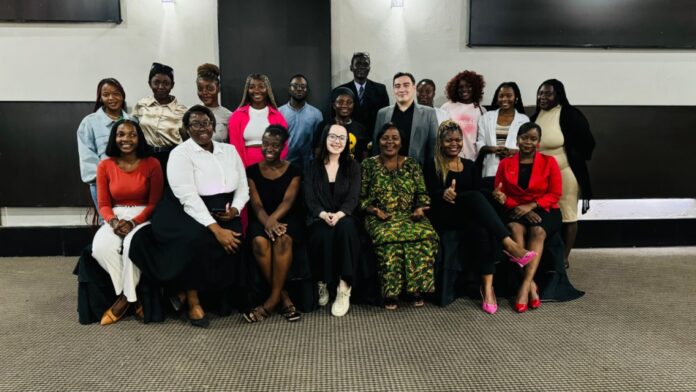
/
RSS Feed
The social media ads lured young African women with promises of a free plane ticket, money, and an exciting adventure in Europe. All they had to do was complete a simple computer game and a 100-word Russian vocabulary test. However, upon arriving in Russia’s Tatarstan region, some of these women found themselves in a very different reality.
Instead of participating in a work-study program in fields like hospitality or catering, they were put to work in a factory assembling Iranian-designed attack drones. These drones, destined for the war in Ukraine, were far from the opportunities the women had been led to expect.

In interviews with The Associated Press, several women described their ordeal. They spoke of long hours under constant surveillance, broken promises regarding wages and areas of study, and exposure to caustic chemicals that left their skin irritated and scarred.
To address a labor shortage in wartime Russia, the Kremlin has been recruiting women aged 18-22 from countries such as Uganda, Rwanda, Kenya, South Sudan, Sierra Leone, Nigeria, and even Sri Lanka. The recruitment drive, under a program called “Alabuga Start,” targets vulnerable women, promising them career opportunities but delivering exploitation instead.
One of the African women, eager for a new start, documented her hopeful journey to Russia, only to later discover the grim reality of working in a drone factory. “The company is all about making drones. Nothing else,” she said, expressing deep regret over her decision. Her experience was echoed by other women who felt trapped and deceived.
The Alabuga factory, now Russia’s main hub for producing Shahed-136 attack drones, was part of a $1.7 billion deal between Russia and Iran. While the factory employs both Russian vocational students and foreign recruits, most of the African women work on the drones, often performing tasks that require little skill.
















